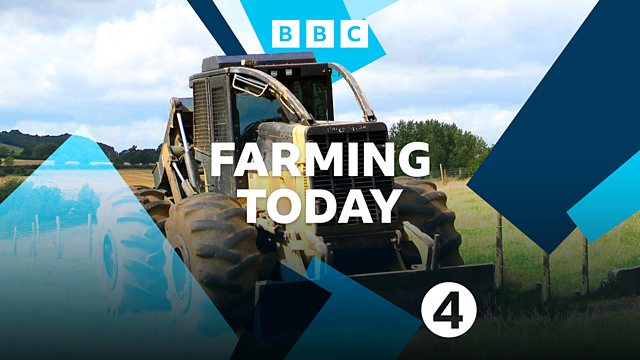
20/11/2023 Cuttlefish in Cornwall, and what actually is regenerative agriculture?
The fishing industry in the South West of England says government proposals to safeguard cuttlefish will cost it millions - and won’t work.
Known as 'black gold', cuttlefish is one of the most valuable species for fishing fleets in the South West of England. The Government is proposing new rules to safeguard numbers of the species but fishermen claim they could see 40% of their catch, and millions of pounds, lost without any real benefit to cuttlefish stocks.
The proposal is to set a minimum landing size of 23 cm so any cuttlefish smaller than that would get thrown back. But cuttlefish don’t live very long if they’re out of water and so by the time they are measured and thrown back they’d most likely be dead.
Regenerative agriculture has become a real buzz phrase in farming over the last decade. Very broadly speaking it’s farming in a way that improves the soil, by removing or reducing ploughing and artificial fertiliser, using fewer resources for the benefit of the environment. It has farmers flocking to events like Groundswell, Carbon Calling in Cumbria and the Oxford Real Farming Conference to exchange ideas. Global food and farming businesses like Nestle, McDonalds and Unilever say they’re doing it too. All this week we’re going to be looking into regenerative farming: what is it, who is doing it and why.
A fungus that’s extremely rare in the UK has been found in Kent. Artomyces pyxidatus, also known as candelabra coral, was discovered by enthusiasts who weren’t sure what it was. Kent Wildlife Trust says it was thought to have become extinct, with no record of it in the entire 20th Century.
Presented by Caz Graham and produced by Beatrice Fenton.
Last on
Broadcast
- Mon 20 Nov 2023 05:45Βι¶ΉΤΌΕΔ Radio 4
Podcast
-
![]()
Farming Today
The latest news about food, farming and the countryside

